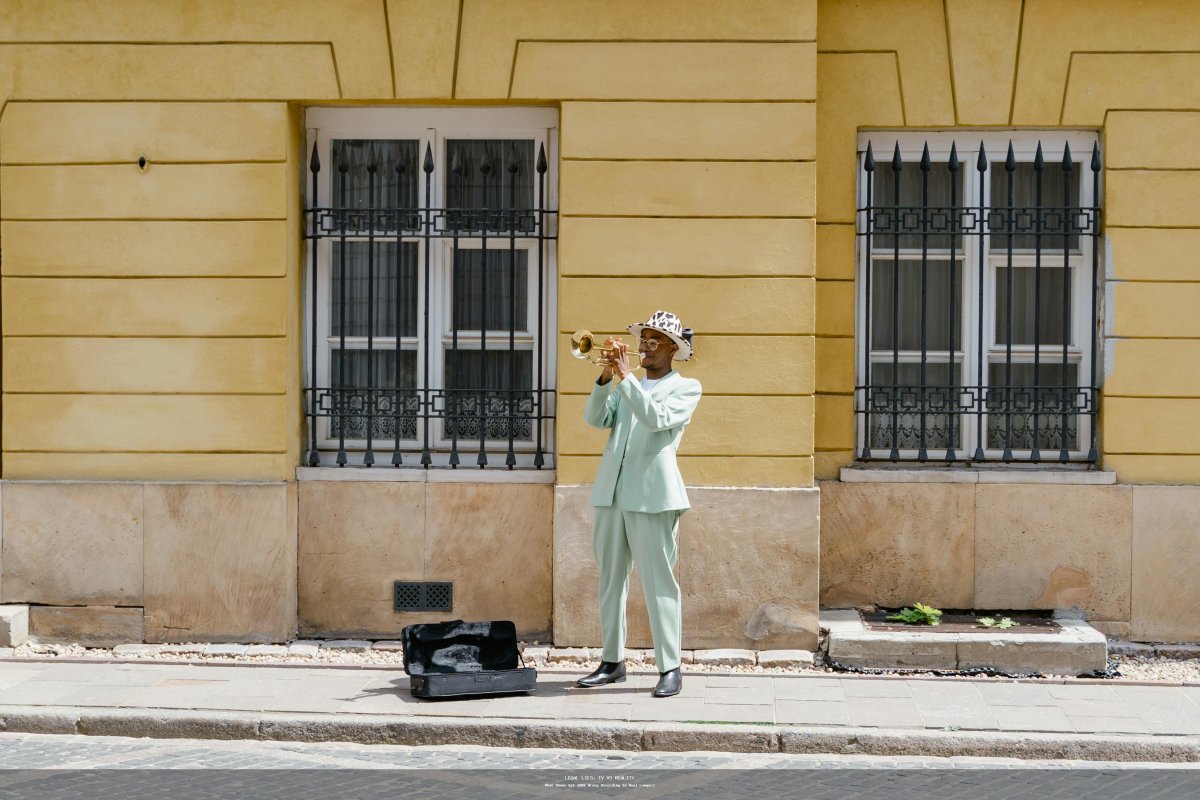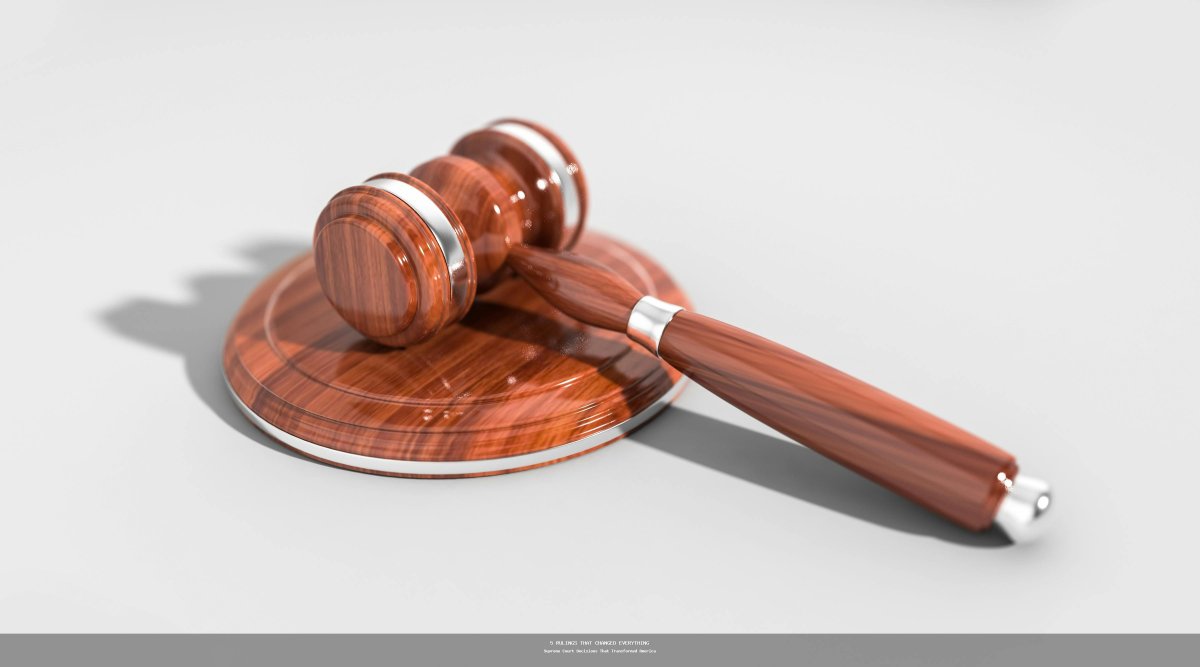Legal dramas dominate television, captivating audiences with their high-stakes courtroom battles and behind-the-scenes legal machinations. While these shows provide entertaining glimpses into the legal world, they often sacrifice accuracy for dramatic effect. Here's how five popular legal TV series dramatically misrepresent the actual practice of law—and what they get completely wrong.
1. "Suits" - The Fantasy of Legal Practice Without a License
Perhaps the most outlandish legal premise belongs to "Suits," where a brilliant college dropout with a photographic memory practices law without a license—and nobody notices.
What They Get Wrong:
- The Unauthorized Practice of Law: In reality, practicing law without a license is a criminal offense in every state, typically a felony. No prestigious firm would risk its reputation and existence on such a scheme.
- Document Review: Junior associates at major law firms spend thousands of hours on document review, not immediately taking depositions or negotiating settlements.
- The Pace: Cases that resolve in a 42-minute episode would actually take months or years to conclude.
The Reality:
Bar associations aggressively prosecute unauthorized practice cases, and law firms conduct thorough background checks on all attorneys. New associates spend years on tedious tasks before handling important client meetings or court appearances. Law firm partners would never knowingly employ an unlicensed attorney, as this would subject them to disbarment and potential criminal charges.
2. "How to Get Away with Murder" - Law School and Legal Ethics
This show features a criminal defense professor who involves her students in active murder cases—including her own.
What They Get Wrong:
- Law School Curriculum: First-year law students take foundational courses like Contracts and Civil Procedure, not specialized criminal defense seminars.
- Student Involvement: Law students would never be allowed to work directly on active murder cases, particularly not one involving their professor.
- Legal Ethics: The character's actions would result in immediate disbarment and criminal charges.
The Reality:
Law school is primarily theoretical, especially in the first year. While clinical programs exist, they operate under strict supervision and ethical guidelines. The American Bar Association enforces rigorous ethical standards, and the conduct portrayed would constitute multiple violations of attorney ethics rules.
3. "The Good Wife" - Courtroom Theatrics
While more grounded than some legal dramas, "The Good Wife" still employs courtroom tactics that would never fly in real proceedings.
What They Get Wrong:
- "Surprise" Evidence: The dramatic unveiling of previously undisclosed evidence would violate discovery rules and likely result in a mistrial.
- Witness Confrontations: Aggressive witness intimidation tactics would earn attorneys sanctions from the judge.
- Research Timeline: Complex legal research that characters complete in hours would actually take days or weeks.
The Reality:
Modern court procedures require full disclosure of evidence before trial through a process called "discovery." Last-minute evidence typically can't be introduced without prior disclosure. Judges maintain strict control over courtroom decorum, and attorney theatrics are rarely tolerated.
4. "Law & Order" - The Criminal Justice Timeline
The long-running procedural suggests cases move from crime to verdict in days or weeks.
What They Get Wrong:
- Case Timing: The show's formula of investigation to verdict within an episode compresses what actually takes months or years.
- Brady Disclosures: Prosecutors withholding evidence (as occasionally portrayed) would result in dismissed cases and potential disbarment.
- Plea Bargaining: The show underrepresents plea bargaining, which resolves over 90% of actual criminal cases.
The Reality:
The average felony case takes months to resolve, with complex cases often spanning years. The vast majority never go to trial, instead ending in plea agreements. Constitutional requirements mandate that prosecutors turn over all potentially exculpatory evidence to the defense, a process largely overlooked in television portrayals.
5. "Boston Legal" - Courtroom Speeches and Judge Relationships
This show portrays eccentric attorneys who regularly win cases through impassioned, politically charged closing arguments.
What They Get Wrong:
- Closing Arguments: In reality, these must stick to evidence presented at trial, not introduce new arguments or social commentary.
- Judicial Interactions: The casual, sometimes personal relationships between attorneys and judges would be considered highly inappropriate.
- Case Selection: The show's focus on headline-grabbing constitutional issues ignores the routine cases that dominate real legal practice.
The Reality:
Most attorneys never handle a constitutional case in their entire careers. Real legal practice involves detailed analysis of statutes, regulations, and case law—not emotional appeals. Interactions with judges are formal and strictly professional, with ex parte communications (those outside the presence of opposing counsel) generally prohibited.
Why It Matters
While these shows provide entertainment, their misrepresentations create unrealistic expectations about how the legal system works. Real attorneys often face clients who expect dramatic courtroom confrontations or quick resolutions because of what they've seen on TV.
Understanding the reality behind these dramatizations helps the public better comprehend how the legal system actually functions—as a methodical, often slow-moving process based on rules, precedent, and careful preparation rather than dramatic revelations and emotional appeals.
So next time you enjoy your favorite legal drama, remember: the reality of legal practice is far less glamorous, but ultimately serves the cause of justice through its attention to detail and procedural integrity rather than courtroom theatrics.






